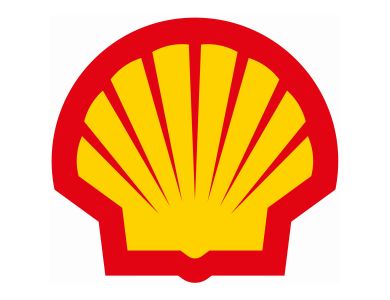Shell is an integrated energy company that aims to meet the world’s growing demand for energy in ways that are economically, environmentally and socially responsible. It is a global group of energy and petrochemical companies with an average of 92,000 employees in more than 70 countries. Our operations are divided into four businesses: Upstream, Integrated Gas and New Energies, Downstream, and Projects & Technology. Shell uses advanced technologies and takes an innovative approach to help building a sustainable energy future. Shell’s purpose is to power progress together with more and cleaner energy solutions. We believe that rising standards of living for a growing global population are likely to continue to drive demand for energy, including oil and gas, for years to come. At the same time, technology changes and the need to tackle climate change means there is a transition underway to a lower-carbon, multisource energy system. In 2016, Shell formed a New Energies business to pursue areas of opportunities in the energy transition among which integrated energy solutions, where wind and solar energy can partner with gas to manage intermittency.
Shell is looking at how best to combine wind and solar power with our existing business and capabilities. Our share of capacity from wind power projects in the USA and the Netherlands is more than 400 megawatts. In the Netherlands, we have an interest in the consortium that, in December 2016, was awarded the concession by the Dutch government to develop the Borssele III and IV offshore wind farm projects, to be located 20 kilometres off the Dutch coast. We are exploring ways to deploy solar technologies to lower the carbon intensity of our operations. This complements Shell’s Integrated Gas business in many ways.
Since both at wind farms and from solar power, electricity is generated with large intermittency due to weather conditions, there is a mismatch with the energy demand of customers which requires a sustained load for industrial processes or has its own, but different, intermittency in the form of day/night cycles and seasonality for households. Therefore, the ability to buffer and match these different supplies and demand intermittencies by (temporary) storage is key. Sufficient, reliable and responsive storage can make the otherwise necessary overcapacity on the supply side redundant and is thus of great economic importance. Recent trends show how battery technology (e.g., Li-Ion) is on a descending cost-curve and applications like Tesla’s PowerWall are entering the realm of local back-up and stationary storage.
Shell is globally one of the largest producers of low-carbon biofuels made from sugar cane. Biofuels have grown substantially over the past decade. Today around 4% of the world’s transport fuels come from biofuels. They are expected to play a valuable part in the changing energy mix in the future. They can be a cost-effective way to reduce carbon dioxide (CO2) emissions in the transport sector, as long as their production is responsibly-managed. Today, most biofuels are produced from corn, sugar cane or vegetable oils. All biofuels can emit less CO2 when compared with conventional fuel. But this depends on several factors, particularly how the raw materials are produced and possible indirect effects. There are also concerns about labour and land rights in the agricultural sector, over using land to grow fuel instead of food, and about water use. Shell is therefore active in the development and deployment of advanced biofuels made from sustainable feedstocks such as waste and cellulosic biomass, the non-edible parts of plants, through our Shell-Cosan Raízen joint venture in Brasil. More can be seen at www.shell.com/biofuels.
Shell is promoting the use of Hydrogen as an alternative pathway to store and use renewable electricity. Current activities include establishing retail network of 400 hydrogen refuelling stations for passenger cars in Germany (H2 Mobility) as well as various stations in the UK, Netherlands, Luxemburg, Canada and the US. Shell is installing a 10MW electrolyser using green power to produce hydrogen at its Rhineland refinery which can be used as supply source for local bus networks. More recently, it has won grant funding to build three heavy duty truck refuelling stations in the Ports of Long Beach and Los Angeles, with partners Toyota, Paccar and UPS. Through its technical programme, Shell is researching high flow components with partners in the United States for heavy duty hydrogen truck refuelling applications. Shell Hydrogen consists of a team of 50 covering operations, product, technology and business development. More can be seen at www.shell.com/hydrogen.

Located in Hamburg, Germany
Visit the Website
Shell Global Solutions (Deutschland) GmbH will support the research providing fuel samples for engine testing as defined by the project partners. The fuels will allow CO2 reduction in transport due to production pathways enabling a reduced carbon intensity (i.e. Ethanol from waste) or even CO2 neutrality (i.e. hydrogen from renewable electricity).